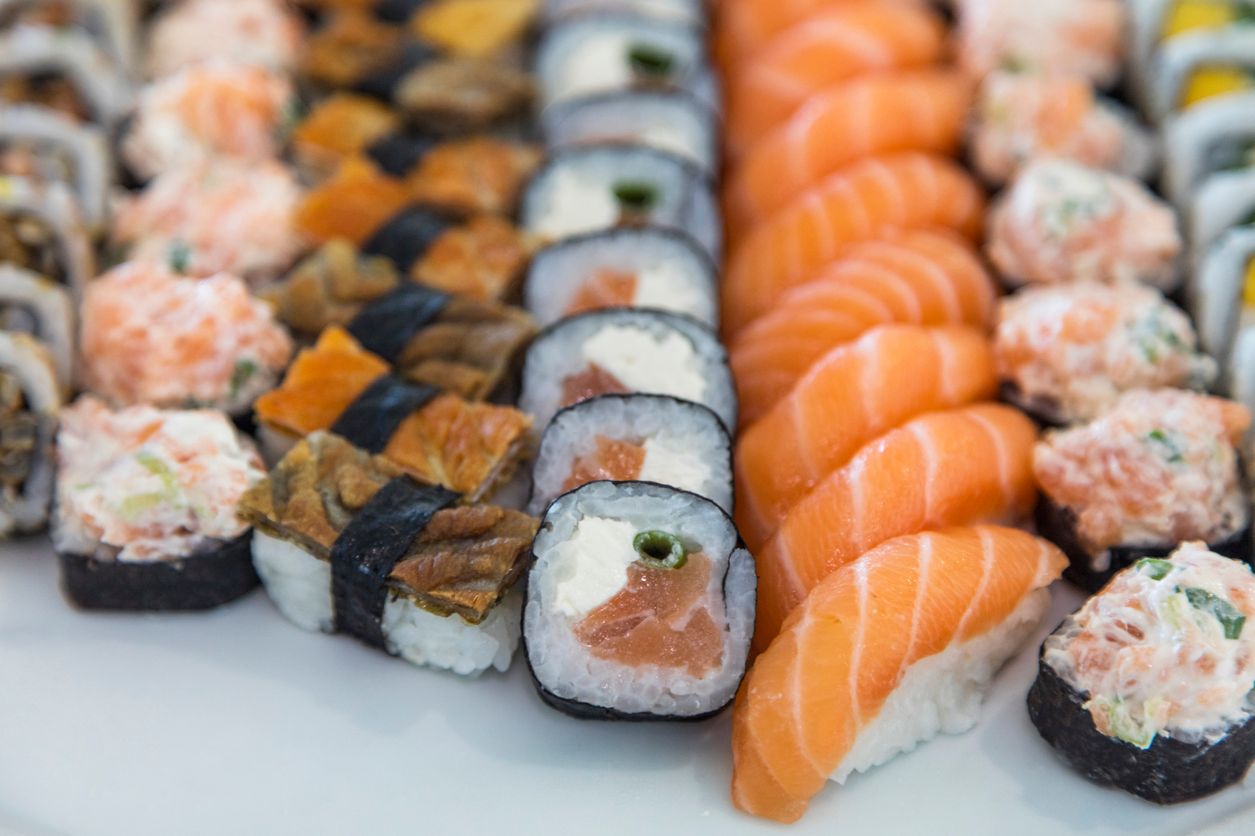The hardest part of losing weight is actually getting started
With so many fad diets in existence alongside a wealth of conflicting information, discovering what really burns body fat can be confusing.
The idea that 'abs are made in the kitchen' is a cliché, but remains generally true.
Losing weight is not as complex a goal as it may seem. Here are four of the most common diet mistakes and how to avoid them:
1. Relying on liquid diets
There is nothing wrong with a protein shake or two. They are a great convenience tool for nourishing your body with amino acids when you need them most - before and after training.
However, basing your entire diet plan on liquid shakes is not a wise move for one main reason - appetite.
Your appetite is regulated by the amount of chewing you do. If your meal doesn't involve any, or you're wolfing your food down in seconds, you're going to get hungry again sooner rather than later.
People who rely on liquid diets often find they gain rebound weight after running out of shakes. This is because there has been no learning or understanding of how to cook and eat real food.
Instead of relying on liquid diets, cook homemade meals that fit into your calorie count.

2. Forgetting about calories
When it comes to losing weight, calories are absolutely crucial and the main factor to remember.
If you take in more calories than you burn off, you'll gain weight. Being in a calorie deficit means you'll lose weight. It's that simple.
It's also not that hard to work out what you need individually.
There are plenty of apps that allow you to calculate how many calories you need, based on stats such as height, weight and activity level.
Tracking your calories for an initial period of two to three weeks is recommended, to understand how many meals you need and the portion sizes involved.
3. Excluding too many foods from your diet
Calories are what matters most, but diets such as Paleo, Keto and Atkins pin the blame on a scapegoat and have you eliminate foods - sometimes even entire food groups - but this is generally unnecessary.
Protein should provide the basis of every diet, but you still need a certain amount of carbs and fat.
Carbs provide your body and brain with energy in the form of glucose and muscle glycogen. Any physical training is fuelled by this, but a diet such as Keto almost completely outlaws it.
Low-fat diets grew popular in the 80s and 90s, but fats are essential for helping your body absorb the vitamins and minerals from food. They also play an important hormonal role.
Both need to be factored into your calorie and macro targets, but there's no reason to go without either.

4. Wolfing your food down
On average, Spanish and Japanese populations are a lot leaner than other nations, and it's partly down to their eating habits.
Tapas and sushi are the national dishes in these respective countries - meals which involve taking your time with food. They are made up of small portions to be picked at rather than a huge meal to neck in seconds.
There's science behind this that explains the link.
The quicker you eat your food, the faster your body makes use of its energy. If you aren't working out or are otherwise active after wolfing a meal down, this isn't a great move.
You're also likely to overeat by dispatching that dessert too quickly as your body hasn't had a chance to metabolise the food. Taking your time over small plates will prompt the brain to send 'I'm full' signals much sooner.
Check out JOE's 'Ditch The Dad Bod' guides to dieting and strength-training
All images: iStock/Getty



